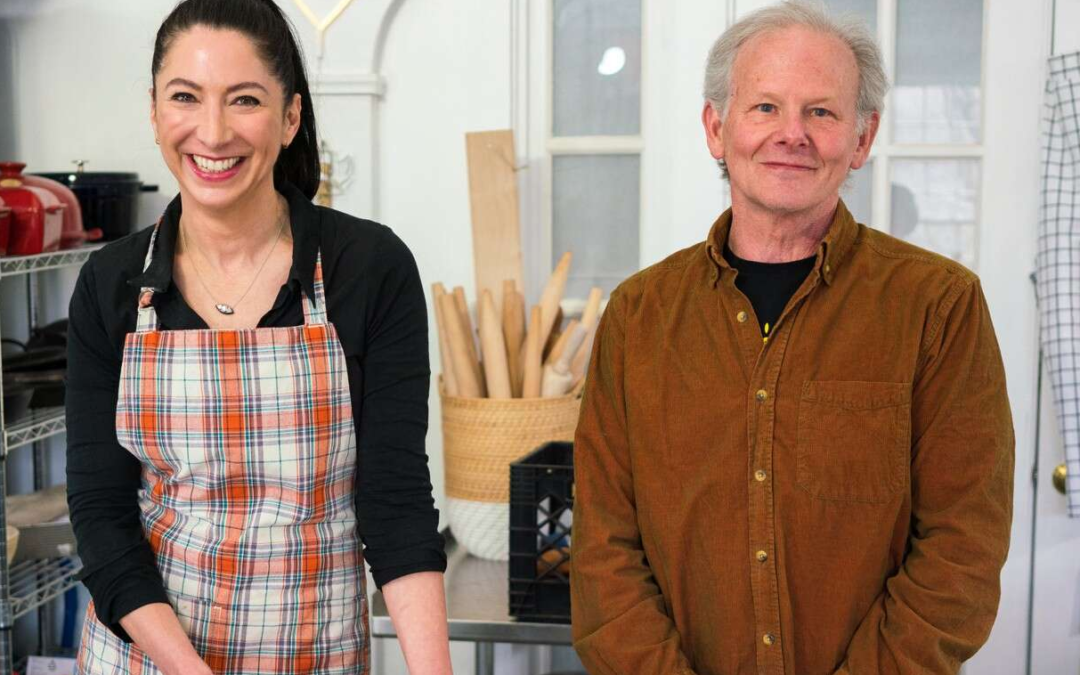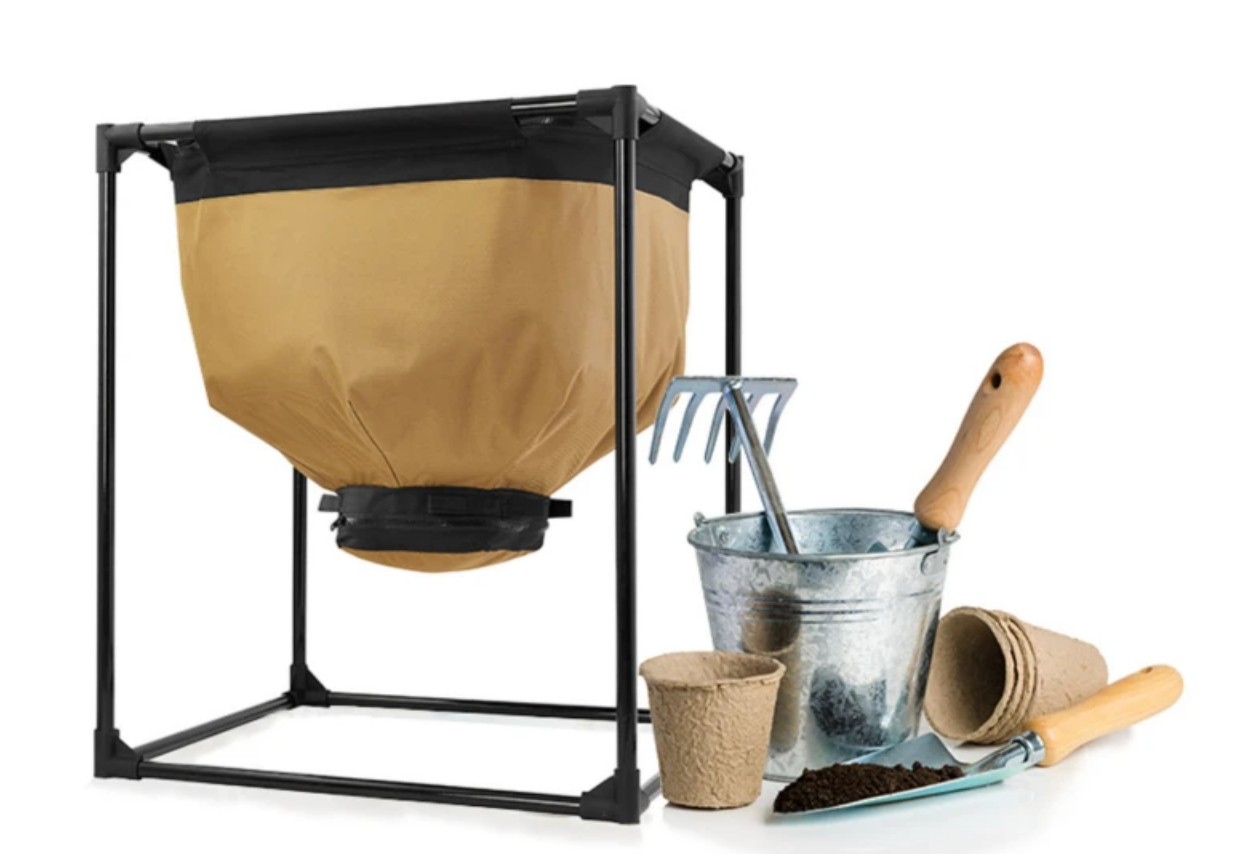Since COVID-19 has confined us to our homes I am noticing some strange (and wonderful) consumer behaviors.
There’s a Run on Flour
The first episode of King Arthur Flour’s new video series, The Isolation Baking Show, features superstar bakers Gesine Bullock-Prodo and Jeffrey Hamelman tackling biscuits and French bread. I loved Hamelman’s comment:
“The more you bake, the more you’ll learn the language of the bread. The bread is always talking to you.”
Imagine my distress when my sisters, who both love to bake, alerted me that their beloved King Arthur Flour Company had temporarily run out of flour. And when I tried to order flour online from my supermarket, same problem with out of stocks. It seems a large number of people have started baking bread. Not just the quick rise kind. Sourdough bread, using starters that take careful feeding. It seems that some bakers actually name their starters.
The Seattle Times confirmed this trend is real. Nationally, “sourdough” was the #1 recipe search term March 15 – April 30.
Meanwhile More People are Gardening with Worms
A few days ago I got to catch up with my client Steve Churchill, Founder of Urban Worm Company. His company sells everything you need to start your own worm composting system at home. Including the worms.
Vermicomposting has become a popular means of turning food scraps into fertile soil for sustainable gardening. Aside from the benefits of growing your own food, his customers often talk about their worms as if they were pets. So I understand there is inherent fun involved. But Steve’s business has exploded since COVID-19 hit.
What’s going on?
“Sales this spring have been incredible, beyond the normal seasonal surge. I think people are going back to the earth, and back to the USA,” Churchill says. “I’m repatriating manufacturing to the U.S.”
And COVID-19 has shown people how fragile our food system is.
“I’m hearing from some of my customers that food is harder to come by, and reliance on others is hard to come by.”
This week Steve is presenting at Marjorie Wildcraft’s Homegrown Food Summit where virtual attendees will be able to hear experts talking about how to become free of supermarkets and sustainably grow your own food and medicine.
Both bread baking and gardening require careful nurturing. Both bring us back to nature. We engage in actual communication with these living entities, whether it is feeling bread dough to tell whether it’s ready to go into the oven, or watching a bin full of red wigglers to see if they are hungry.
And with COVID-19 forcing us to stay home and fend for ourselves, we are becoming a little like – dare I say it – pioneers.
Sustainability: Will All This Baking and Digging Last?
FMI, the food industry association, and The Hartman Group are tracking consumer changes as a result of COVID-19. The most recent wave of research reveals that a whopping 76% of consumers have changed how they eat due to COVID-19. 41% report cooking more of their meals. And 36% say they are following healthier eating habits.*
Meanwhile, sustainability has been a long term macro trend. The Hartman Group’s syndicated research and long-standing datasets show how consumers views of sustainability have changed over time. In 2007 the term “sustainability” was little used by consumers. By 2019 it’s a cultural value and defining concern:
“Sustainability … touches on powerful ideals around honoring our connections with nature and one another. It speaks to the hopes – and fears – we have for the world we leave to generations that follow us.”
So I am wondering what will happen after COVID-19 is contained and people go back to work. Will we take our rediscovered gardening and baking habits with us? Will what we have learned during lock-down help us better understand what it means to follow a sustainable path?
For those who got a taste for communing with nature, I suspect the answer is yes.
*Source: FMI’s special U.S. Grocery trends COVID-19 Tracker conducted by FMI and The Hartman Group, April 15-25, 2020.


